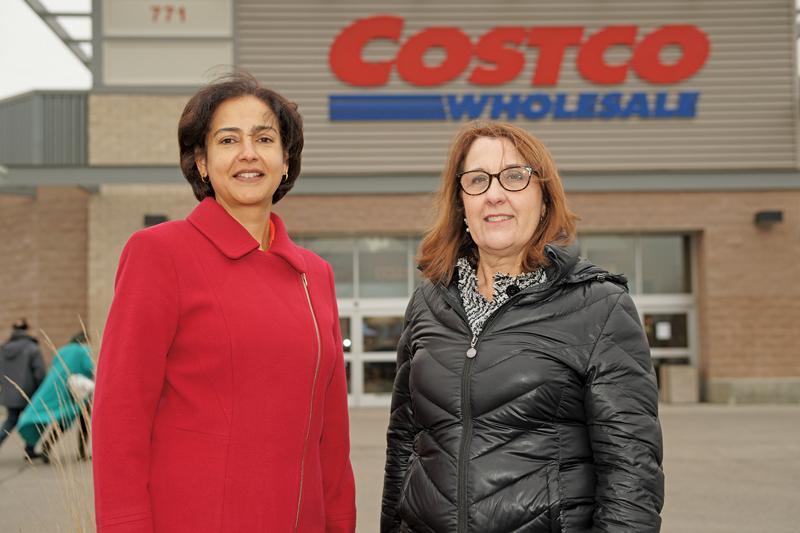Big-box stores across the state have won huge property tax cuts in recent years using the “dark store” theory. They’ve slashed assessed valuations of even brand-new stores by comparing them to similarly sized but vacant buildings.
The stores’ argument is that the facilities are built to suit their specific needs, so their value plunges after they leave. Municipalities say that doesn’t matter, and they should be taxed based by their cost to build minus depreciation, like any other building. But until now the Michigan Tax Tribunal (MTT) has been siding with the companies.
As the Observer reported in 2015, both Scio and Pittsfield townships have fought “dark store” cases, but the latest development comes from the UP. In October the Supreme Court denied Menard, Inc.’s appeal of a Michigan Court of Appeals decision reversing a big “dark store” win. Escanaba had valued its Menards at $8 million. On the “dark store” theory, the company put its value at just $3.3 million–and the MTT agreed.
The Court of Appeals overturned that decision, and Menard, Inc. appealed to the Supreme Court. The court didn’t issue a formal ruling, but it did send the case back to the MTT–with instructions to take evidence on the store’s value based on the traditional cost-less-depreciation approach.
Kevin Ray, a spokesperson for the Michigan Department of Licensing and Regulatory Affairs, says the order won’t change any previous “dark store” valuations or set any new legal precedent. Ray says the tribunal “will, as it always does, make an independent determination of the property’s true cash value.”
But local governments are celebrating a victory. Scio Township assessor Jim Merte says he expects “maybe a couple of these large appeals will go away.” Scio also has a new Menards, and both it and an older Lowe’s have appeals pending. In September, Merte had predicted that the outcomes would be “directly dependent” on the Supreme Court’s action.
In the same September interview, Merte said a “dark store” appeal had become the rule, not the exception, for big boxes in Scio. “Every one of them appeals, period,” he said. “They know measly little townships like ours, we’re probably not going to spend $80,000 on defending it.”
Ann Arbor assessor David Petrak says the city currently has no big-box appeals pending, so the Supreme Court’s order has no immediate effect here–although the Court of Appeals ruling could have bearing on future cases.
The potential impact is much greater in Pittsfield Township, which supervisor Mandy Grewal calls a “big-box regional center.” Township assessor Barbara McDermott says the development will have little immediate impact because she’s settled all current valuation appeals, except for one.
Costco has been fighting Pittsfield about the valuation of its store at State and Ellsworth for years. In 2015, the township valued the store at $6.8 million. Using “dark store” logic, Costco argued it was worth just $3.8 million. They settled on $5.2 million–but the next year the company appealed again, winning a further reduction to $5 million. For 2017, Costco appealed again, this time with an even lower value claim of $3 million. That appeal was held in abeyance until the Supreme Court weighed in on Menard v Escanaba.
Grewal is delighted with the outcome–which, she says, “can have tremendous implications” for the township’s future.




